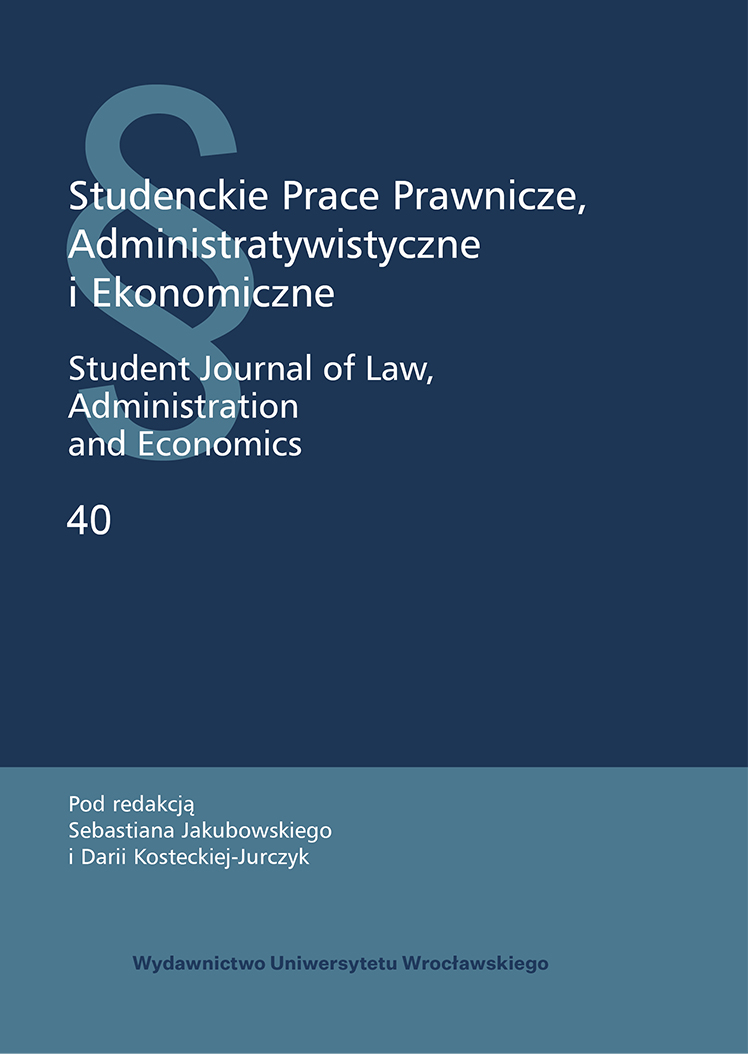

Artykuły

Analiza prawnoporównawcza przeszkód małżeńskich w dwóch pokrewnych modelach — francuskim, opartym na Kodeksie Napoleona (1804 rok), i luizjańskim, opartym na Digestach (1808 rok) — pozwala na wyodrębnienie trzech cech ówczesnych społeczeństw żyjących w jednej lub drugiej jurysdykcji. Autor opiera się na założeniu, że tekst prawny jest emanacją poglądów społecznych. Po pierwsze, oba społeczeństwa były przywiązane do zasad prawa rzymskiego i tradycji chrześcijańskiej. Po drugie, społeczeństwo francuskie uważało, że rodzina, a zwłaszcza ojciec, jest decydentem w kwestii małżeństwa, w przeciwieństwie do społeczeństwa luizjańskiego, które nie wiązało żadnych poważnych konsekwencji z brakiem zgody rodziców na zawarcie małżeństwa. Po trzecie, w Luizjanie instytucja przeszkód małżeńskich służyła zachowaniu jednorodnego kulturowo składu kreolskiej elity, podczas gdy we Francji napoleońskiej analogiczny problem nie istniał.